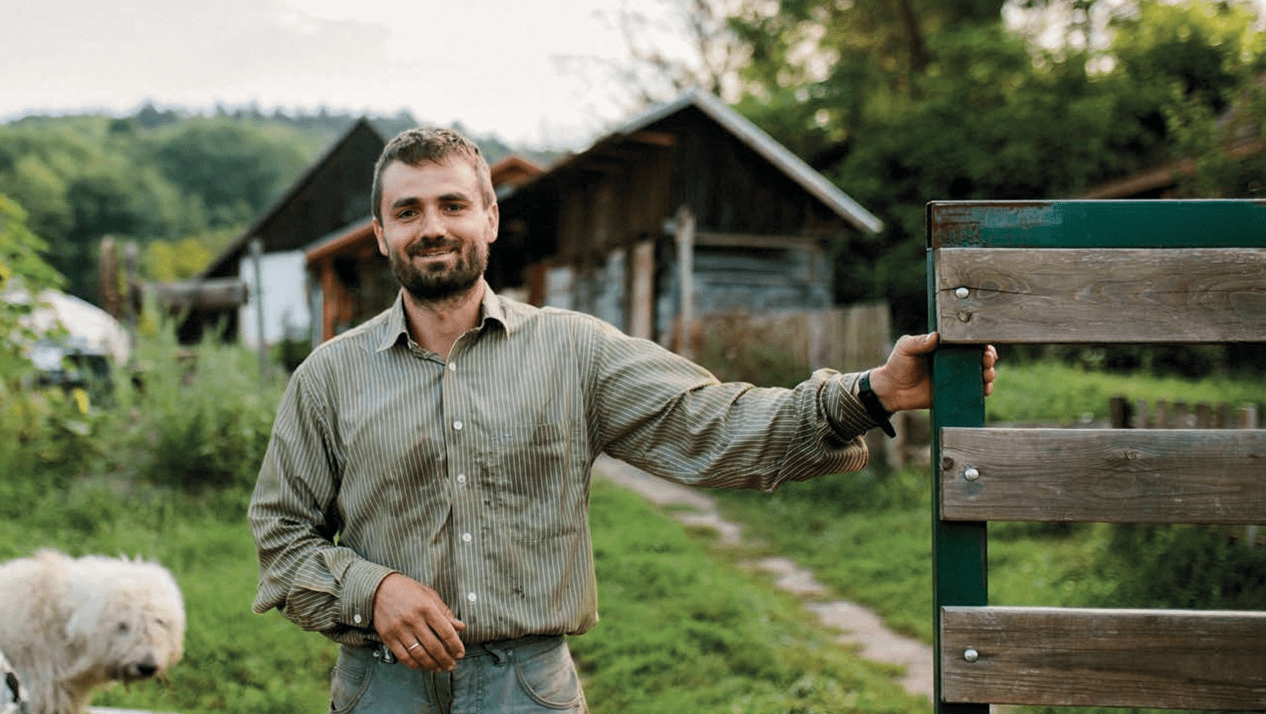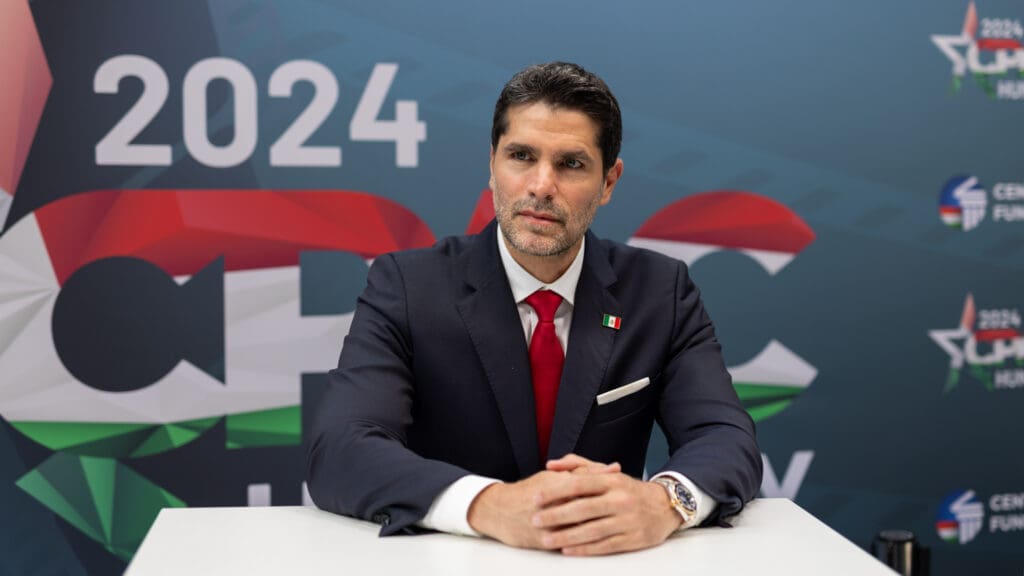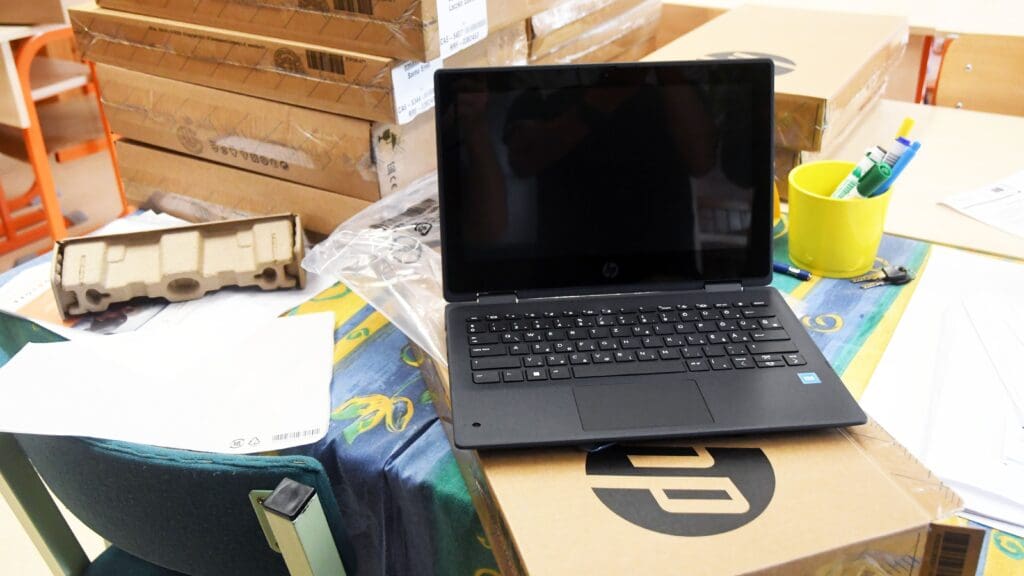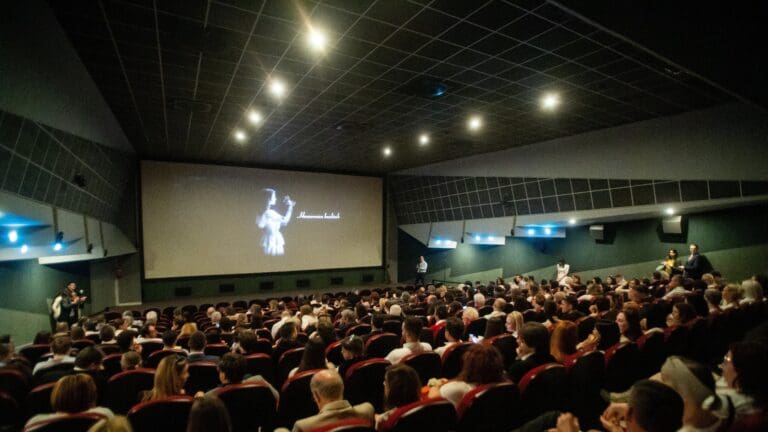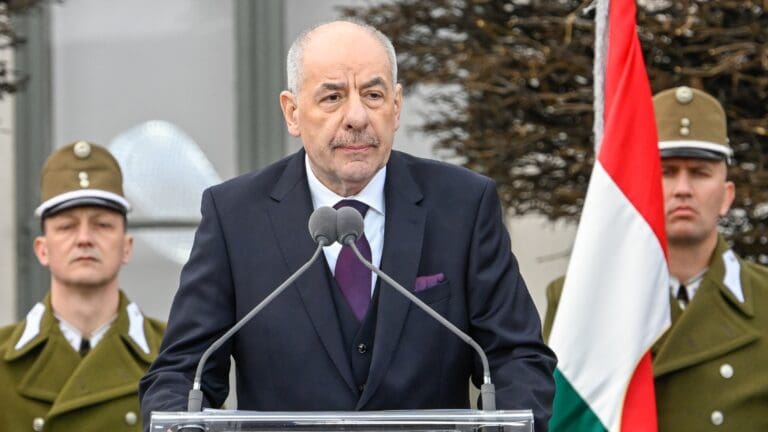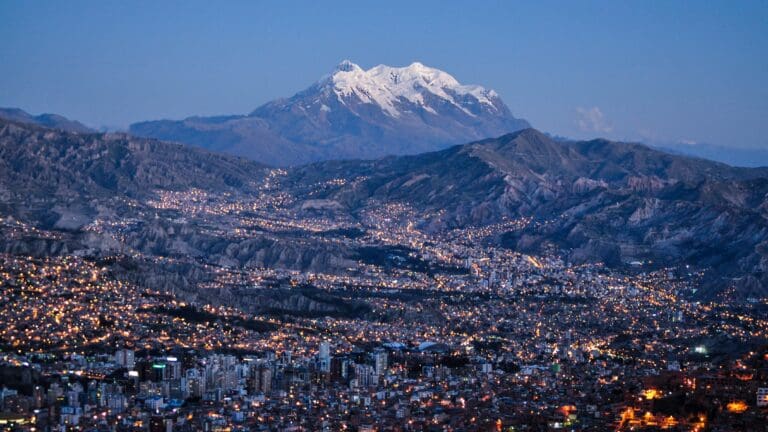This article by Kálmán Tábori was originally published in the Hungarian Chronicle in 2021.
Nógrád County has among the lowest average temperatures in the country. It is not, traditionally, a vegetable-growing area; instead, people around here used to work with livestock, grazing pastures. Still, this is where one young married couple made their dream come true after moving from Budapest to Terény: in the MagosVölgy Ecological Farm they grow gorgeous vegetables from February to December in their own unique way. They share the burdens and benefits of their paradise with their 500-strong community. I visited Zoltán Dezsény and his wife Judit in the last month of the summer.
I am first welcomed at the gate by a huge Hungarian sheep dog, a komondor. Although it approaches with apparently peaceful intent, I prefer to wait outside for Zoltán Dezsény. He is smiling, even though he has had to put aside his morning chores. In the garden of the house, still under reconstruction, I see a large camping tent. ‘My wife’s family is on vacation here, and the children are not up yet’, my unasked question is answered by the head of the MagosVölgy Ecological Farm; he senses my uncertainty regarding the timing of my visit. In the cook-house next to the main building where I am to be seated while my host requests a little time out for a quick wash, I see the signs of long family dinners, far into the night, and animated discussions on how to save the world. Counting the children, about twenty persons have been using the forty-square-meter house over the last few days—and the two-hectare property around it. This isn’t the ideal vacation, I’m thinking. How much free time is left for the hosts in the middle of the season, with a seven-thousand-square-meter vegetable garden? But my meditation is halted by Judit, Zoli’s wife, who gives me coffee in a glazed earthenware cup, and swiftly removes the remnants of the previous evening. ‘This was Zoli’s dream, really. There was a wave and he started riding it, letting it take him wherever it was going. But it took a long time for me to accept that this was our life now,’ says Judit openly, answering a clumsy first question about how it all began, ‘and we still have to work a lot, not only on the farm but on ourselves as well, to be able to say that both of us have our own place here and we can create stuff together.’
‘An ecological farm is a controlled food-producing system where the use of synthetic materials, pest control chemicals, yield en- hancers, and chemical fertilizers is restricted. Accordingly, the Dezsény family only uses methods on the farm that are based on the cycles of nature, aiming to preserve the soil, wildlife, and human health’
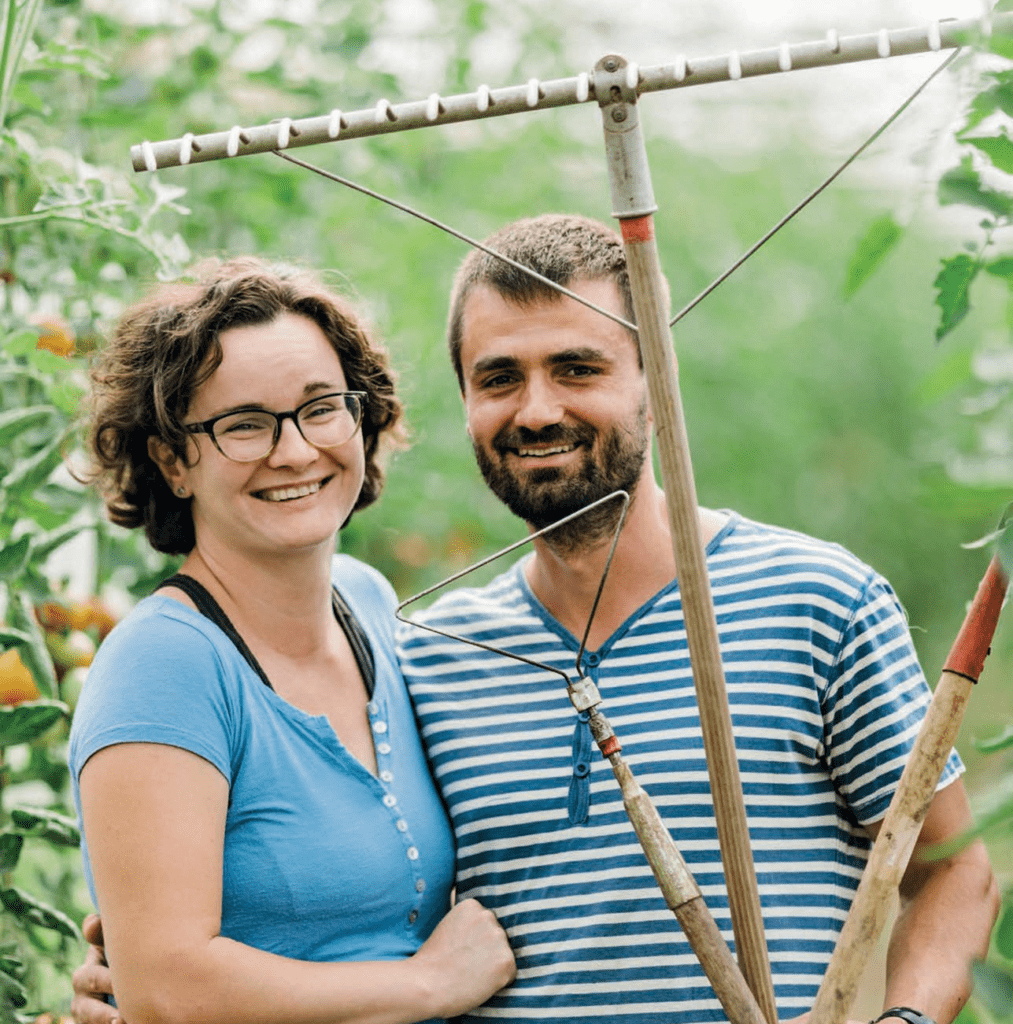
‘If you meet Zoli and Judit once, you will want to join the vegetable community’
The Right Angle
As I’m listening to what this lady of the house is quietly saying, weaving some philosophy into the narrative, I notice children in pyjamas appearing in the yard one after the other. Who cares for how long we have been sitting here? The day is becoming timeless. Or is there so much to do that it makes no sense to hurry? ‘We came here right after university with romantic dreams, just two young people who grew up in the city. We didn’t have any experience in either managing a farm or setting up and managing our own business. We had to learn everything on the spot’, admits Judit, and since her husband isn’t back yet, she is telling me about how their farm grew, almost by chance, from virtually nothing, into an operation that supplies vegetables the whole year round to more people than the entire population of the village. Modelled on examples abroad, the first communal farms were started in Hungary in 2010 by their similar-minded peers. At the time, multifunctional agriculture received a lot of attention at universities. ‘It is a lot more than producing foodstuffs, it includes many additional functions including environmental protection, creating a healthy living spaces for citizens in the countryside, and connecting the country and the city’, she explains. They wanted to realize their shared vision based on the holistic approach they picked up in college and their friends’ initiatives.
‘Initially, we were only aware of the surface. We knew we wanted to have an organic farm in the countryside, and that we wanted to have a good relationship with the local community, but we had absolutely no idea of what it takes and what it means. And we are still in the fumbling phase,’ admits Judit, who moved into this village—population: three-hundred and eighty—together with her husband and their first child, in response to an announcement by the local municipality (’Young People are Welcome in Terény!’). Soon after they moved to the village, the young couple were also awarded an EU subsidy at a tender announced in support of the development of micro-regions, for establishing ‘a family-run farm implementing the principle of sustainability in practice’. That is how the Dezsény operation was kick-started, and for five years now, they have been producing and distributing healthy, clean, ethically grown food, linking city and countryside, organized on a communal basis. Until today, one-hundred and ninety households—about five hundred people—have joined in their dream. They are the ones financing the operation as members of the MagosVölgy Vegetable Community. ‘We recruit our members during the winter months, and together we undertake mutual commitments for the following season. In exchange for the membership fees we undertake to farm as best as we can, and to forward what is harvested to the members on a weekly basis in the form of “vegetable quotas”,’ says the husband, joining the conversation, to briefly describe ‘communal farming’. For this to work, however, a different approach is required. Members of the MagosVölgy Vegetable Community do not just spend money on a healthier diet. ‘On their side, it is indispensable to be open. They have to be flexible and accept that they do not always receive what they wish to have, but what is available at that moment,’ continues the wife. ‘If, for instance, there is no pumpkin this year, they should see why. They should be willing to look behind the surface and understand the issues at an ecological farm. They should appreciate all the work that is needed for them to have fresh vegetables on the table.’
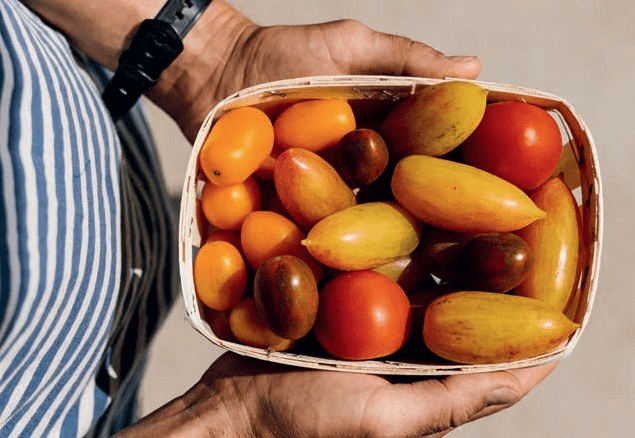
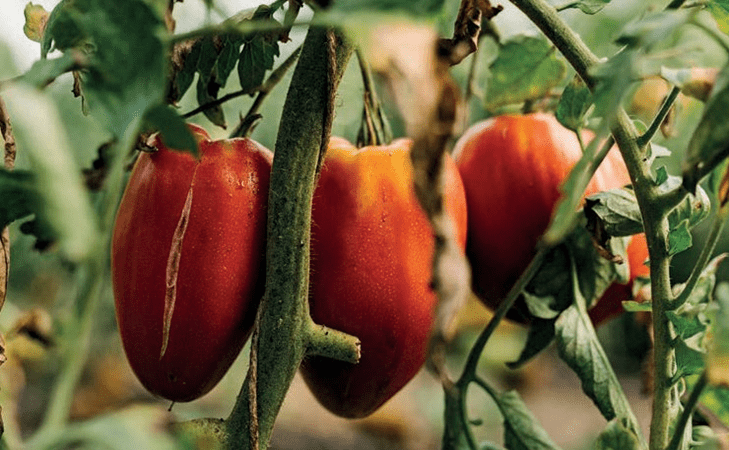
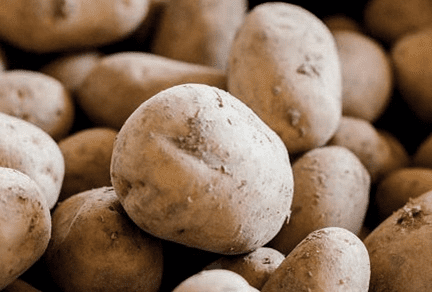
To help people to understand this, the gates are open throughout the year, and the couple also organize communal farm visits three times per year. ’Our members are people who are willing to leave their comfort zones. They are not average. Just like our system, which is also special,’ says Zoli on a more serious note. What he is driving at is that the ‘vegetable community’ is not only about a healthy diet and protecting the environment. Based on their experiences over the last few years, they are convinced it is more than a simple meeting of consumer and farmer to discuss the products that link them. Quality connections have been established, which are otherwise more and more absent from our fast-paced lives. ‘For us, the days of vegetable delivery are very intense,’ they say about Thursdays, when, loading their two vans, they distribute two tons of what they produce at five handover points in Budapest, ‘but if we can forget about the difficulties for a moment, we regularly have opportunities to really see and get to know people, to share problems and different situations.’ There is no doubt about it, Zoli and Judit fully agree that these encounters and relationships, no matter how insignificant they may seem, point to something greater than themselves, and will, in the long run, lead to closer ties between the city and the country. ‘How you see reality depends on your angle,’ Zoli says with such enthusiasm that we can believe he did not steal it from Coelho. And what would be the right angle to take regarding all this? He says he was just thinking that same morning, while cleaning the bathroom at the request of his wife, that he was also prone to mood swings. ‘Everything in life changes all the time, and everything is cyclical, nothing is linear, including our mood,’ he explains. ‘We have to accept this, and we have to be honest about it.’
More Than Shareholders
I am beginning to understand what I read about the vegetable community: if you want to apply for membership, you are put on a waiting list. ‘If you meet them once, you will want to join us,’ says the young woman on the phone. I am calling Márta Rostás after my farm visit in Terény, because I learnt that she is a paying member who actively takes part in building the community. She launched their Facebook group two years ago, where members not only share recipes, but also tend to become friends as a result. Her arguments supporting her enthusiastic volunteer work would humble top marketing professionals; first she talks about Zoli and Judit themselves, how their own lives, their values, and their approach are affecting everyone else. She is convinced that the force keeping the community together is nothing but their complete honesty.
As I understand from Márta, people are increasingly open. If they know each other from the internet, they find one another easily at the weekly vegetable delivery. ‘We would be there early, stay longer, and have a chat.’ A few years ago some of the members decided to pay attention more consciously to how Zoli and his family could be supported by relying on the power of the community. Márta also gives examples; just recently they pooled some money for a tomato grinder to make it easier for Judit to make tomato sauce for the winter. Another illustrates a change of attitudes and cyclicality: by now almost everyone returns the willow baskets used for delivery, to be re-used by Zoli and team, and to end up as kindling for the winter. ‘These things do create a real community. We get vegetables—and the joy of joint action. The whole thing is a cycle, connecting everything.’
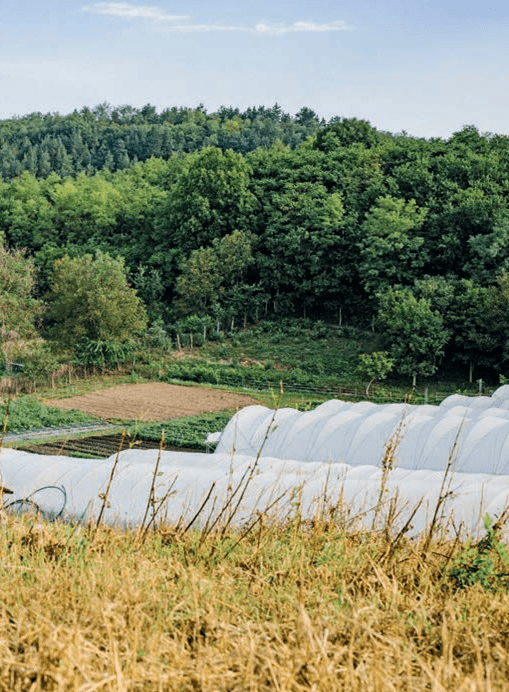
‘We get vegetables—and the joy of joint action’
At vegetable delivery on Thursday, one will find everything that is sold in stores: tomatoes, aubergine, spring potatoes, carrots, cucumbers, French beans, zucchini, onions, salads, pumpkin, and, from time to time, specialties such as pak choi used in Indian cuisine, and okra, the elongated star-shaped pumpkin variety. The difference is that everything is clean and chemical-free, and not only looks good but also has a rich taste. Everything is seasonal, only available when ripened by nature. But then, sometimes each member may receive several kilos. Strangely, this is a culture shock on the first occasion, for almost anyone, but it is easy to get used to with the help of swaps within the community as well as tips of storage and preservation methods. I know this from Csenge, another community member, who calls members like herself ‘vegetable shareholders’. She says this on account of the completely open communication and full transparency. ‘This is an investment where I always get healthy, seasonal vegetables from a clean source for my money. Besides, everything is managed by Zoli and his family transparently; information on finances is shared, as well as developments on the farm.’ And could you mention anything that has left you unsatisfied? I ask, and she says yes, there are times when a salad head has been chewed by a snail, or some other pest has put a blemish on something nice. But she does not know anyone in the community who would complain about it. The Dezsény family is always honest about such things, they will admit any slips and faults. ‘They expect and ask for feedback, and always give us honest answers,’ explains the lady, who believes such blemishes are only natural in organic farming. If you are a shareholder, you learn to live with it. ‘In fact, the vegetable community changed my life, even,’ she muses, ‘It brings the earth closer to us, something we tend to forget about in the city. We believe we can influence and control everything, but this is not true. Nature is stronger, and has tricks for which we are not at all prepared.’
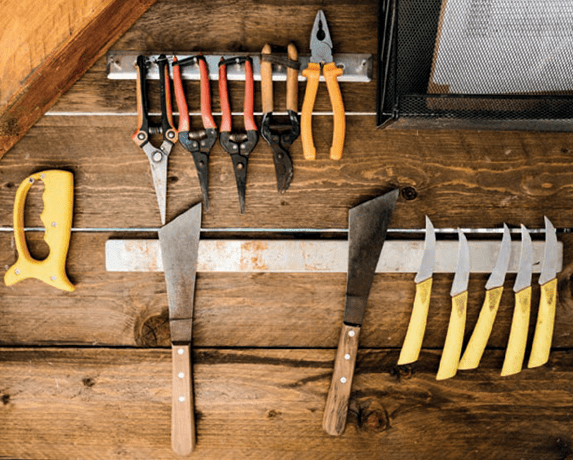
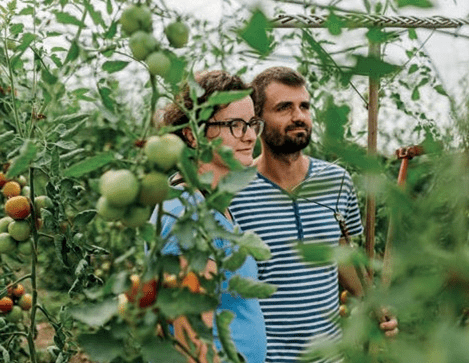
To Re-create Paradise
I have always believed that tomatoes are round, juicy, sweet, round or elongated vegetables, smaller or bigger, growing in clusters, or alone. In Terény, however, tomato varieties are truly varied, showing an amazing diversity of size, shape, and colour: in addition to red tomatoes, here you will also find yellow, orange, green, and striped ones. Walking between the polyethylene tunnels, I saw tiny tomatoes, and I also saw tomatoes as big as a melon. My hosts tell me they are growing twenty different varieties. ‘If you only work with two or three types like conventional farmers would do, then you are running a major risk. If some disease destroys their crops, they lose a major part of their revenues. We work with fifty different vegetables. If two or three are unsuccessful, we still have forty-seven left.’
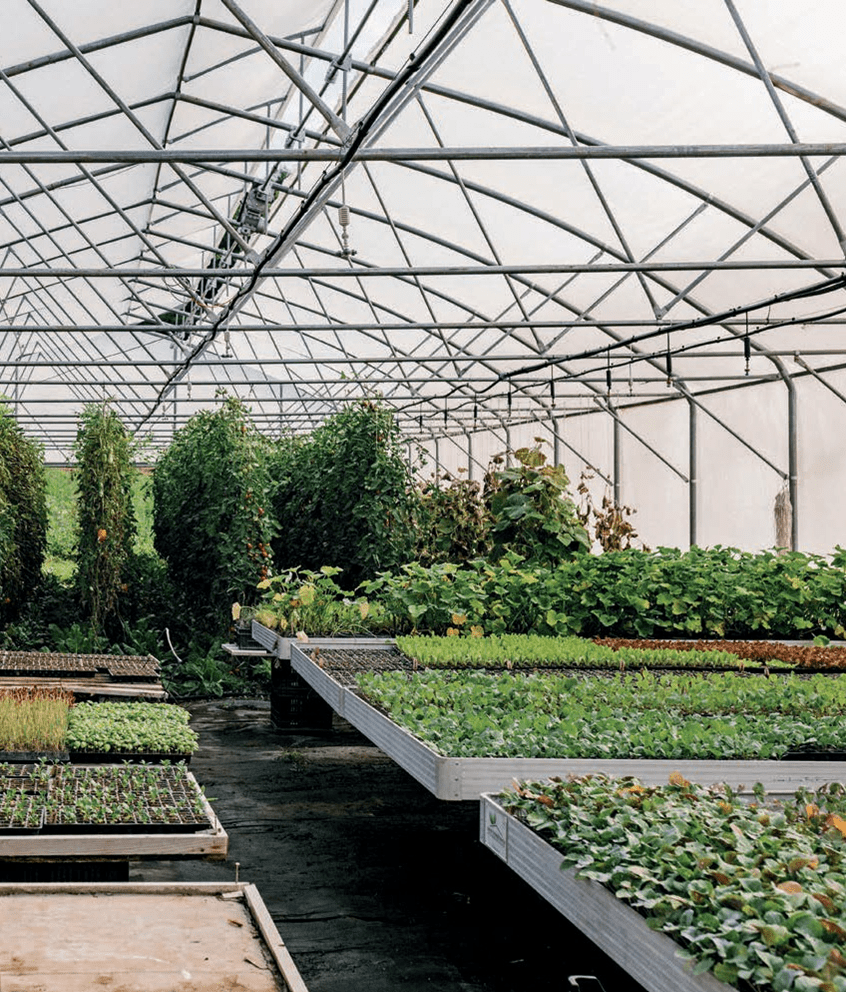
The members of the MagosVölgy Vegetable Community can, on a weekly basis, pick up a share of vegetables proportionate with the membership fees they pay. The price of the smaller package (for a household of two) is HUF 5000, and the price of the package sized for a family of four or five is HUF 7500 per week. According to the members of the community, this amount is only higher by 10–15 per cent than what they would pay for vegetables in an average supermarket. Housewives that were interviewed claim that this is an insignificant extra burden, considering that the vegetables they receive for their money are not only fresh and delicious, but healthy as well.
And it is not the weather, or pests, or any other environmental impact which poses the greatest challenge, I am told. ‘The human factor is key. How we react to challenges. It is not the strongest who is most successful, but the one who knows best how to adapt.’ Also true of people, I would like to add, but I refrain from breaking the chain of thought. ‘We would like to save the world here, because everyone can save his own world, and this is enough. There is so much to do, really, and we are in the best position here to realize the potential of our role via making the community function properly.’ This is a tough job and will you have sufficient associates and workforce, I ask, pulling it all back into cold reality. Most people are moving to the cities.
‘The village of Terény is the centre of the universe, because we are here, and where we can be ourselves, it is the true centre. Our real goal is to re-create paradise within a human framework. Paradise, once lost, can be restored on earth. Including both its physical dimension and the relationships between people. This is an idyllic place, we have always known that, and by now we can also see it manifested in the quality of relationships. It is not complete at this stage, sure, we are not in paradise yet. But we do believe that more and more people will understand this ideal we are trying to achieve, and can look at the world from this perspective,’ says Zoli, smiling, before I say goodbye. On the way home, from the countryside to the city, I am trying to figure it out: do I also believe in this? One thing is certain: the wave Judit mentioned has also lifted me up—a little bit.
Related articles:

